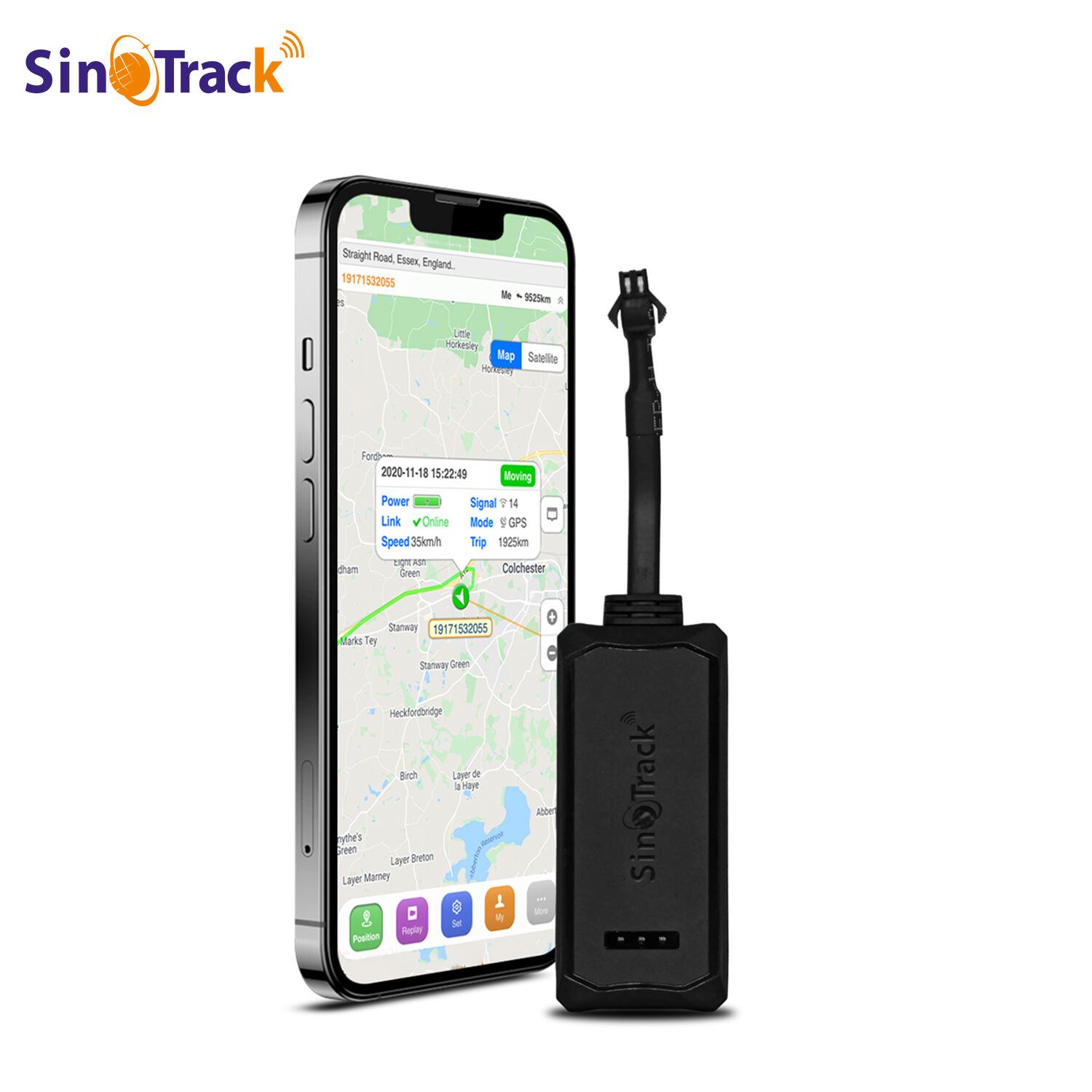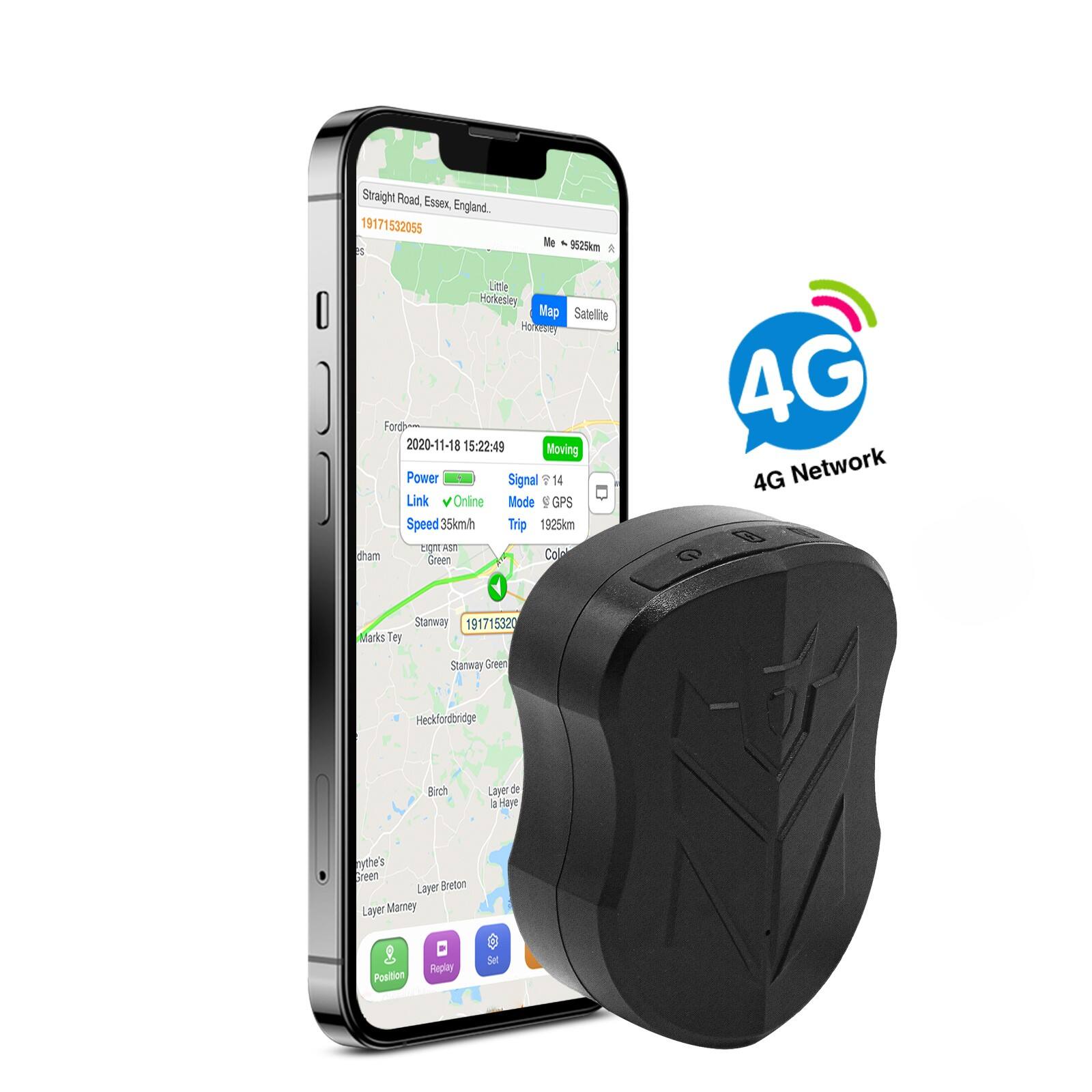The Versatility of GPS Trackers Across Industries
GPS trackers have become indispensable tools across a wide range of industries, transforming how businesses operate, protect assets, and improve efficiency. These small, powerful devices use global positioning system (GPS) technology to track the location, movement, and status of people, vehicles, equipment, and even animals in real time. From logistics and healthcare to construction and agriculture, GPS trackers offer practical solutions that enhance safety, reduce costs, and provide valuable data. This guide explores the versatility of GPS trackers across different industries, highlighting their key applications and benefits.
What Are GPS Trackers?
GPS trackers are electronic devices that use signals from satellites to determine their exact geographic location. This location data is then transmitted to a central system or mobile app, allowing users to monitor the tracked object or person in real time or review historical movement records. Modern GPS trackers often include additional features like speed monitoring, geofencing (setting virtual boundaries), and sensor integration (e.g., for temperature or motion detection). They come in various forms, from small portable devices to hardwired units installed in vehicles or equipment, making them adaptable to diverse industry needs.
GPS Trackers in Logistics and Transportation
The logistics and transportation industry relies heavily on GPS trackers to manage fleets, optimize routes, and ensure timely deliveries.
- Fleet Management: Companies with delivery trucks, vans, or commercial vehicles use GPS trackers to monitor their entire fleet in real time. This allows dispatchers to track vehicle locations, speed, and fuel usage, ensuring drivers follow planned routes and adhere to schedules. For example, a courier service can use tracker data to redirect a truck avoid traffic jams, reducing delivery delays.
- Route Optimization: GPS trackers analyze traffic patterns and road conditions to suggest the fastest or most fuel-efficient routes. This not only saves time but also reduces fuel costs and carbon emissions. Long-haul trucking companies, for instance, use this feature to plan cross-country trips that minimize idle time and maximize efficiency.
- Asset Security: High-value cargo (like electronics or pharmaceuticals) is often tracked with GPS devices to prevent theft. If a shipment is diverted or stolen, trackers provide real-time location data, helping authorities recover the goods quickly. Some trackers also send alerts if a vehicle deviates from its planned route or enters a high-risk area.
- Compliance and Safety: GPS trackers help ensure drivers comply with regulations, such as hours-of-service limits (to prevent fatigue). They can also monitor driving behavior—like harsh braking or speeding—and provide feedback to improve safety and reduce accidents.
GPS Trackers in Construction and Heavy Equipment
In construction, where expensive equipment and materials are often left at job sites, GPS trackers play a critical role in security and operational efficiency.
- Equipment Tracking: Bulldozers, cranes, generators, and other heavy machinery are valuable assets prone to theft. GPS trackers installed in these machines allow construction companies to monitor their location 24/7. If equipment is moved without authorization, the tracker sends an alert, enabling quick recovery.
- Utilization Monitoring: Trackers collect data on how often equipment is used, idle time, and maintenance needs. This helps companies optimize resource allocation—for example, reallocating underused machinery to other job sites or scheduling maintenance before breakdowns occur, reducing downtime.
- Worker Safety: GPS trackers worn by construction workers (often in hard hats or ID badges) help monitor their location on large job sites. In case of emergencies (like a collapse or injury), supervisors can quickly locate workers and send help. Trackers can also alert workers if they enter restricted or dangerous areas.
- Project Management: By tracking the movement of equipment and materials, project managers gain insights into workflow efficiency. For example, data might show that concrete deliveries are frequently delayed, prompting adjustments to the supply chain to keep the project on schedule.
GPS Trackers in Agriculture
Modern agriculture uses GPS trackers to enhance productivity, reduce waste, and precision-target resources.
- Farm Equipment Tracking: Tractors, harvesters, and irrigation systems are tracked to monitor their usage across fields. Farmers can see which areas have been plowed, planted, or harvested, ensuring no section is missed and resources are used evenly.
- Livestock Monitoring: GPS collars or ear tags attached to cattle, sheep, or goats track their movement and grazing patterns. This helps farmers ensure livestock stay within safe areas, avoid predators, and access adequate food and water. If an animal strays or is stolen, trackers help locate it quickly.
- Precision Farming: GPS trackers integrated with farm machinery enable precision agriculture techniques, such as variable-rate seeding or fertilizing. By mapping field conditions and tracking equipment movement, farmers can apply resources only where needed, reducing costs and environmental impact.
- Crop Security: Trackers on irrigation systems or storage facilities (for grain or crops) prevent theft and monitor conditions like temperature and humidity, ensuring crops remain in good condition before sale.

GPS Trackers in Healthcare and Personal Safety
In healthcare, GPS trackers protect vulnerable individuals and improve emergency response times.
- Elderly and Disabled Care: GPS trackers worn as bracelets or pendants help monitor seniors with dementia or individuals with disabilities. Caregivers receive alerts if the person wanders outside a designated safe area (like their home or neighborhood), allowing quick intervention. Some trackers also include emergency buttons for the user to call for help.
- Patient Transport: Ambulances and medical transport vehicles use GPS trackers to navigate to emergency scenes or hospitals efficiently. Dispatchers can track vehicle locations to send the nearest ambulance, reducing response times and potentially saving lives.
- Medical Supply Tracking: GPS trackers on shipments of vaccines, blood, or medications monitor their location and temperature. This ensures sensitive supplies are transported under proper conditions and delivered on time, critical for maintaining their effectiveness.
- Mental Health Support: For individuals at risk of self-harm or with conditions requiring monitoring, GPS trackers provide a safety net. Care teams can check on their location and well-being, offering support when needed.
GPS Trackers in Retail and Asset Management
Retail businesses use GPS trackers to protect inventory, manage deliveries, and enhance customer service.
- Delivery and Inventory Tracking: GPS trackers on delivery vehicles ensure that online orders are tracked from warehouse to customer. Retailers can provide customers with real-time delivery updates, improving transparency and satisfaction. Trackers also monitor inventory in transit, reducing loss or theft.
- Loss Prevention: High-value retail items (like electronics or designer goods) may include small GPS trackers to prevent shoplifting. If an item is stolen, the tracker helps locate it, even after it leaves the store.
- Mobile Retail Operations: Food trucks, pop-up shops, or mobile sales vehicles use GPS trackers to share their location with customers via apps or social media. This helps attract foot traffic by letting customers know where to find the business at any time.
- Supply Chain Visibility: Retailers track shipments from suppliers to warehouses using GPS, ensuring stock levels are maintained and identifying delays in the supply chain before they affect store shelves.
GPS Trackers in Sports and Outdoor Activities
GPS trackers enhance safety and performance in sports, fitness, and outdoor adventures.
- Fitness Tracking: Watches and wearable devices with GPS trackers monitor runners, cyclists, and hikers, recording distance, pace, and route. Users can analyze their performance and set goals, while built-in safety features send alerts if they stray off course or need help.
- Outdoor Adventure Safety: Hikers, climbers, and campers use GPS trackers to navigate remote areas and share their location with friends or rescue teams. In case of injury or getting lost, trackers help rescuers locate them quickly, even in areas with no cell service.
- Team Sports: Coaches use GPS trackers in training to monitor athletes’ movement, speed, and endurance. This data helps tailor workouts to improve performance and reduce the risk of injury. For example, soccer teams track players’ positions on the field to optimize their strategy.
- Pet Safety: GPS collars for dogs and cats allow owners to track their pets’ location if they run away. Some collars include geofencing features, sending alerts when a pet leaves the yard or neighborhood.
FAQ
How accurate are GPS trackers?
Most GPS trackers are accurate to within 1–10 meters under normal conditions. Accuracy can be affected by factors like tall buildings, dense forests, or bad weather, but modern devices often use additional technologies (like cellular networks or Wi-Fi) to improve precision.
Do GPS trackers require a subscription?
Many GPS trackers require a monthly or annual subscription to access real-time tracking and data storage. Basic devices may offer limited features without a subscription, but advanced functions (like geofencing or historical reports) usually require paid plans.
Can GPS trackers work without cell service?
Yes. Some trackers use satellite networks (like Globalstar or Iridium) to transmit data, working in remote areas with no cell service. These are popular for wildlife tracking, marine use, or outdoor adventures in isolated locations.
How long do GPS tracker batteries last?
Battery life depends on the device and usage. Small portable trackers may last a few days to a week on a single charge, while hardwired vehicle trackers (connected to the vehicle’s battery) can last indefinitely. Solar-powered trackers have longer battery lives, ideal for remote use.
Are GPS trackers legal to use?
Laws vary by location, but generally, GPS trackers are legal if used to track your own property (vehicles, equipment) or with the consent of the person being tracked. It is illegal to track someone else’s property or a person without their knowledge or permission in most places.

